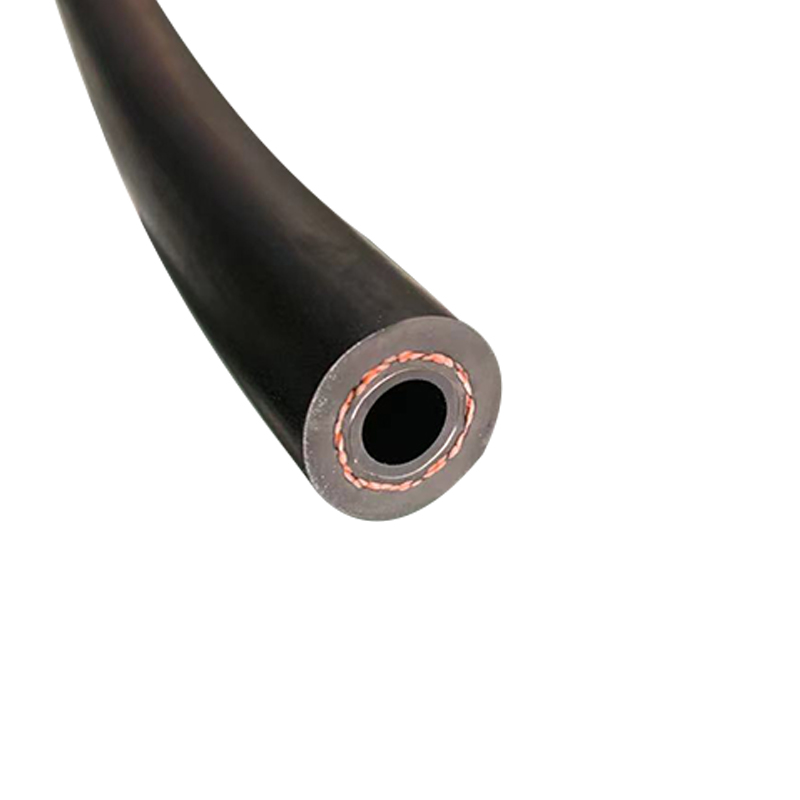Flexible Hoses for Oil Transportation and Industrial Applications
Nov . 30, 2024 10:31 Back to list
Flexible Hoses for Oil Transportation and Industrial Applications
The Importance and Applications of Oil Hose Pipes
Oil hose pipes are vital components in various industries, especially in the transportation and handling of petroleum products. These hoses serve a crucial role in ensuring the efficient movement of oil from one location to another. Their design, materials, and functionality are tailored to withstand the demanding conditions associated with the transfer of oil, making them an essential part of numerous industrial applications.
Composition and Design
Oil hose pipes are typically made from a combination of high-quality synthetic rubber materials, reinforced with textiles or steel wire. This construction ensures durability and flexibility, allowing them to handle the high pressures and temperatures often associated with oil transfer. The inner layer is usually designed to be resistant to the corrosive nature of oil, while the outer layer provides protection against environmental factors such as UV rays, abrasion, and chemicals.
The design of oil hoses also includes features that enhance their performance. Many hoses come with specialized fittings and connectors, allowing for easy attachment and detachment from various machinery and transport systems. Additionally, anti-static properties may be integrated into the hose to prevent static electricity buildup, which can be a significant hazard when handling flammable materials like oil.
Applications in Various Industries
1. Petroleum Industry The primary application of oil hose pipes is in the petroleum sector. They are used in drilling rigs, refineries, and during transportation for transferring crude oil and its derivatives. Their robust design ensures that they can withstand the harsh conditions of oil extraction and refining processes, making them indispensable in this industry.
oil hose pipe

2. Automotive Industry In automotive applications, oil hoses are key components in lubrication systems and fuel delivery systems. They facilitate the smooth flow of oil to vital engine parts, ensuring optimal performance and protection from wear and tear. High-pressure oil hoses are also essential for hydraulic systems in heavy machinery and vehicles.
3. Industrial Manufacturing Many manufacturing processes require the use of oil hoses for the transport of lubricants and hydraulic fluids. These hoses help maintain machinery efficiency and extend the lifespan of equipment by ensuring the timely delivery of necessary fluids. In factories, they are often used in conveyor systems to minimize friction and improve operational efficiency.
4. Marine Applications Oil hose pipes find significant use in the marine industry, particularly in the loading and unloading of oil from tankers. Flexible and durable hoses are essential for safely transferring oil at ports, as they must withstand the effects of saltwater and rough environmental conditions.
Safety Considerations
Given the flammable nature of oil, safety is a top priority when using oil hose pipes. Regular inspections and maintenance are crucial to identify any wear and tear that could lead to leaks. Proper installation and adherence to safety standards are also vital in preventing accidents. Furthermore, personnel handling these hoses must be trained in safety protocols to mitigate risks associated with oil transfer.
Conclusion
In summary, oil hose pipes are indispensable components across various industries, primarily due to their durability and versatility. As technology evolves, innovations in hose design and materials are likely to enhance their performance further, ensuring safer and more efficient oil transport. Understanding the importance of these hoses can help industries optimize their operations and maintain high safety standards while managing oil and petroleum products.
